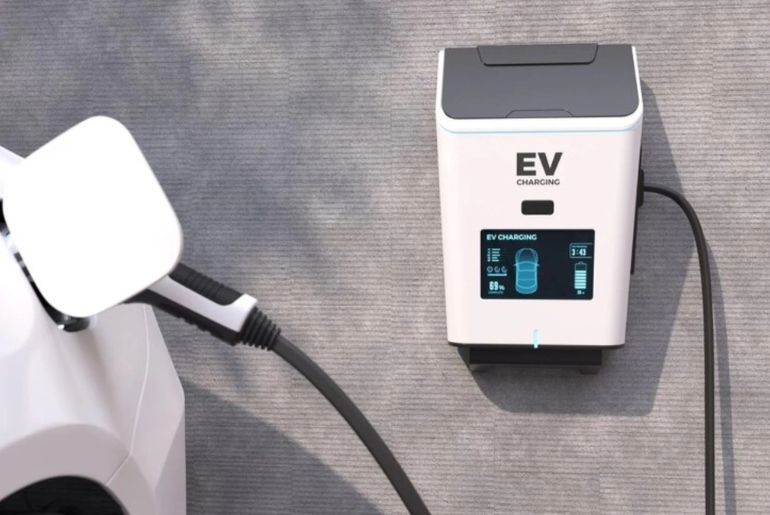According to a survey by the industry group FICCI, India will need to invest Rs 16,000 crore in capital projects by 2030 in order to meet the demand for EV charging stations among the general public and to meet the goal of more than 30% electrification.
The ‘FICCI EV Public Charging Infrastructure Roadmap 2030’ released states that India must strive for increased charging station utilization in order to attain profitability and scalability.
The report also recommends giving priority to the top 40 cities when it comes to expanding public charging infrastructure. According to the survey, given the current rate of EV adoption and supportive state regulations, those top cities should see stronger EV penetration in the next three to five years.
According to the FICCI report, India can meet its goal of 30–40% electrification by 2030 if the necessary supply-side and demand-side enablers are in place.
Economic considerations, battery advancements, regulations, supply/consumer pull, and the condition of charging infrastructure are the five main interdependent elements that influence the adoption of EVs and involve a number of players.
India offers a number of regulatory incentive programs to promote the growth of EVs.
The PM E-DRIVE plan, which offers an incentive of Rs 5,000/kWh for E2W and E3W up to 15% of the ex-factory cost and Rs 10,000/kWh for E-buses up to 20% of the ex-factory cost, was announced by the government when the FAME II scheme ended in 2023–2024.
Different states have also developed their own incentives, ranging from low-interest loans and infrastructure subsidies to preferred electricity rates, waived fees, tolls, and taxes.
Additionally, the report recommended that GST rates for EV charging services be standardized from 18% to 5% in order to align with taxes throughout the EV value chain. (ANI)

